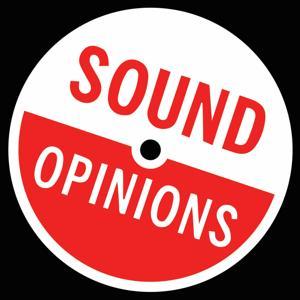Hell Yeah, we got Brendan Kelly from The Lawrence Arms on the show!! Chicago Punk Legend! We go deep into the history with one of Mark's all-time favorites. Slapstick, The Broadways, The Falcon, the Wandering Birds, The Lawrence Arms, Nihilist Arby's and so much more. We went a little long with this one because it's so fucking good. Enjoy it!
Time Stamps:
3:30: How you doing Brendan?
5:30: Despot talk!
10:19: What are some of your earliest music memories?
13:30: Cool babysitter who was on SST
17: Growing into liking punk rock via Reckless Records
19: Gladhands and the start of Slapstick
22: Is it weird for you for people to deify Slapstick, something you did so long ago?
25:30: Cap'n Jazz/Slapstick crossover event
27:52: You go from Slapstick to The Broadways
30: Did your experience in The Broadways inform your time in The Lawrence Arms?
33:45: How did you get your first Lawrence Arms album out on Asian Man Records?
37:40: When I think of The Lawrence Arms, I think of The Fireside
43:25: How long did it take to fill the void of The Fireside closing?
45:23: Did any musicians take you under their wing as you were coming up?
51:13: Has the process of how you create music changed over the years?
53: When you write do you know what project it is for as you are writing?
57: You were just on a song with Sincere Engineer. How do you try to help cultivate the next wave of Chicago musicians?
64:06: You've seen a lot of Chicago bands, are there bands that you feel didn't get their due?
66:18: What do you think has changed between when The Lawrence Arms were starting out and today?
73:18: Thick or thin crust pizza fan?
77: What makes the Chicago music scene unique?
83:30: What other cities are big Lawrence Arms cities?
86: What is your go-to cheap drink? Mark's L&L story
93:30: Are you working on anything right now?




































